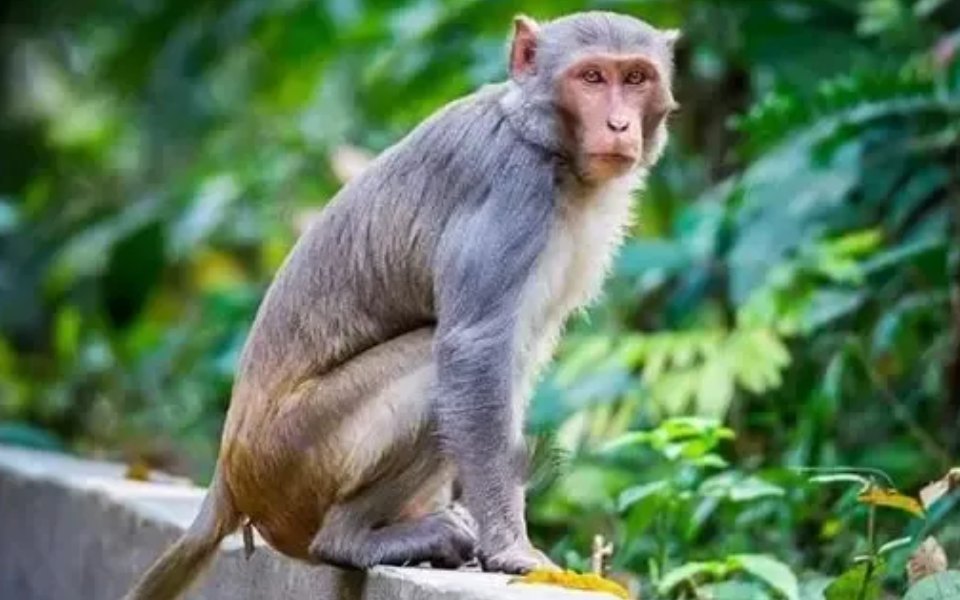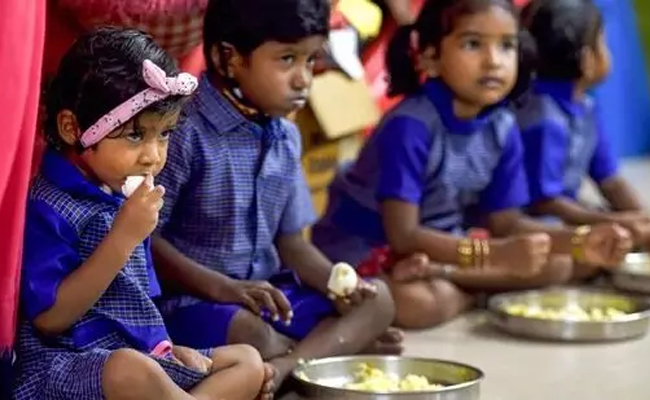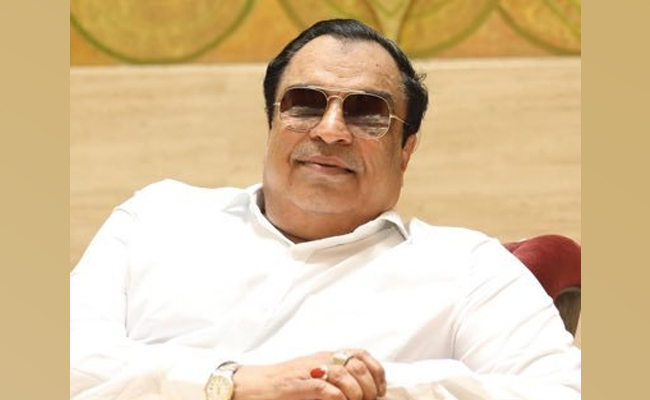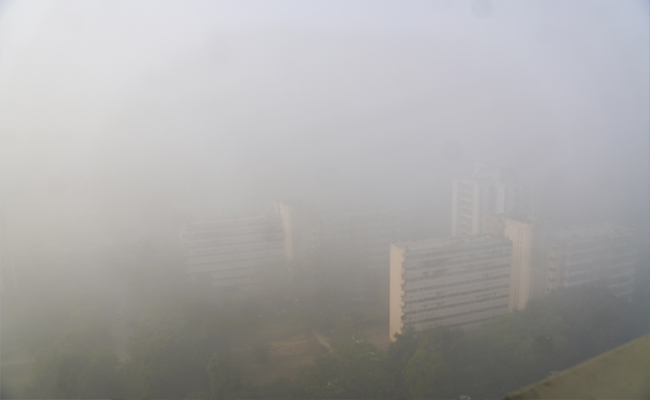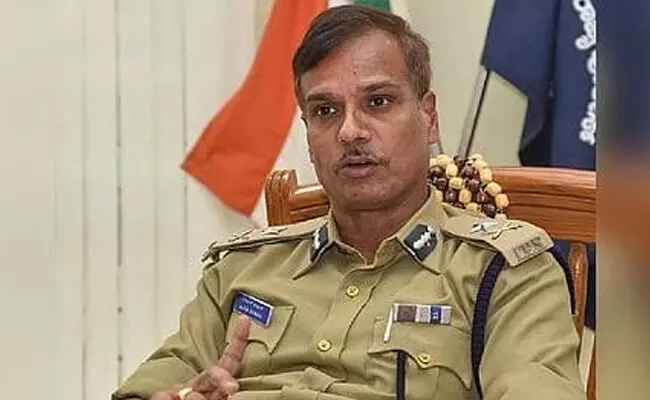A women from Chikkamagaluru died of monkey fever at Manipal hospital after many days of treatment on Tuesday. With this, the death toll in the land of coffee, which has seen a surge in the disease, has raised to 4.
The dead has been identified as Rathna (68) of Bintravalli in Koppa. She was admitted to a local hospital with high fever a few days ago. As she exhibited certain monkey fever symptoms, the attending doctor had sent her blood sample to a laboratory. When the test results came positive, she was immediately shifted to Manipal Hospital for treatment. The woman did not respond to any medications and died on Tuesday mid-night.
ALSO READ: Four meet watery grave in Cauvery river in Mandya
Monkey fever, also known as Kyasanur Forest Disease (KFD), is a virus transmitted disease that affects human being through tick bites or infected animals. Chikkamagalur currently has 11 cases reported and all are under medical supervision. All the patients have recovered due to proper treatment. Health department officials and staff have taken necessary steps to control the spread of disease in affected villages. They have advised the locals to smear Dimethyl phthalate (DMP) oil on their bodies before entering forest. The oil has been already supplied to the coffee estate workers and forest officials.
The officials have urged the public to inform the health department and department of animal husbandry if they see any dead monkeys in the forest. The departments are testing blood samples from the dead animals to check for KFD virus.
Let the Truth be known. If you read VB and like VB, please be a VB Supporter and Help us deliver the Truth to one and all.
Koppal (Karnataka) (PTI): Authorities on Monday said a show-cause notice had been issued to the headmaster of a government-aided school after worms were allegedly found in the rice served to students under the midday meal scheme.
The incident was reported at a school in Bisaralli village, Koppal taluk, on December 9, officials said.
However, no student complained of any infection or required hospitalisation due to the timely intervention of the authorities.
A senior official from the education department stated that as soon as the matter came to light, a show-cause notice was issued to the headmaster, and a report was requested from him regarding the incident.
ALSO READ: Former minister C M Ibrahim announces to launch new regional party for Karnataka
"We have taken this issue very seriously and are expecting the report from the headmaster within two days. Once we receive the report, further action will be decided accordingly," the official said.
To prevent such incidents in the future, the official added, a food health officer has been instructed to collect samples of food grains supplied to both government and aided schools across the district for quality checks.
"We are also conducting meetings with headmasters of various schools, instructing them to carry out regular inspections of food grains and raising awareness to ensure the supply of high-quality food grains to avoid such incidents in the future," the official added.

